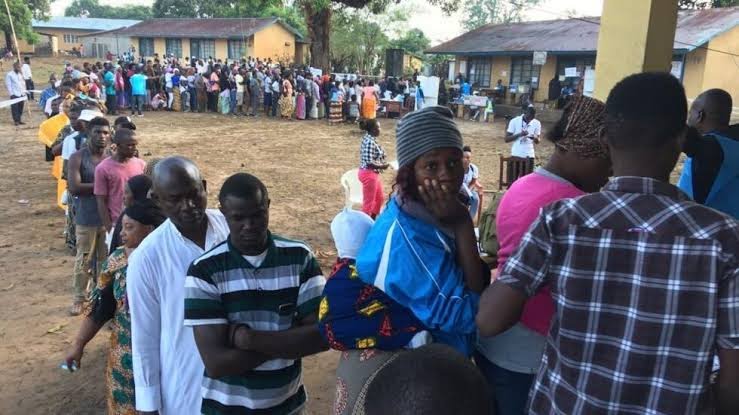
 Shine FM
Shine FM

 Shine FM
Shine FM
27 June 2025, 1:08 pm
By Eman Yonah Oruk

The Government of Uganda has extended the tenure of Local Council I and Local Council II leaders by an additional 180 days, according to a formal announcement published in The Uganda Gazette dated 24th June 2025.
This directive, issued under General Notice No. 1759 of 2025 in accordance with Regulation 12(d) of the Local Government Councils Regulations, is documented in Volume CXVIII No. 51 (Extraordinary Issue) of The Uganda Gazette.
It takes effect on 29th June 2025, following the expiry of the current term on 28th June 2025.
The notice, signed by the Minister for Local Government, Hon. Raphael Magyezi, informs the public that the term of office for Local Council I and II leaders has been extended for a period not exceeding 180 days from the date of expiry.
According to the Gazette, the extension aims to ensure continuity in delivering essential grassroots governance services while preparations for new elections are finalised.
This development comes amid growing concerns over delayed LC elections, which the Electoral Commission attributes to financial and logistical challenges.
Sources within the Ministry of Local Government note that the extension provides time for the Commission to mobilise resources and resolve legal and procedural gaps before conducting new polls. Local Council I and II leaders play a central role in Uganda’s decentralised governance system.
Their responsibilities include overseeing land matters, mobilising communities, mediating local disputes, and maintaining household records at village and parish levels.
Legal experts warn that their absence could create a vacuum in grassroots administration.
The last LC elections were held in 2018 using a controversial lining-up method, where voters physically queued behind candidates. Although considered cost-effective, the method drew criticism from human rights advocates and civil society organisations, who called for electoral reforms to align with the Constitution.
With the official extension now recorded, the government is expected to move swiftly to address outstanding electoral issues. However, observers caution that further delays beyond the 180-day window could erode public trust in local governance and weaken grassroots accountability structures.